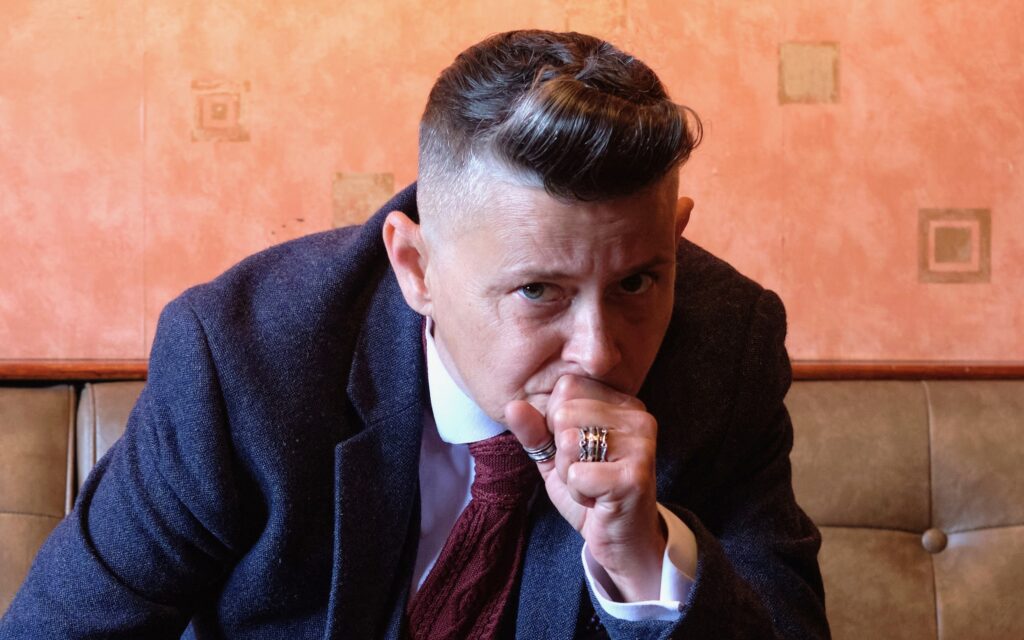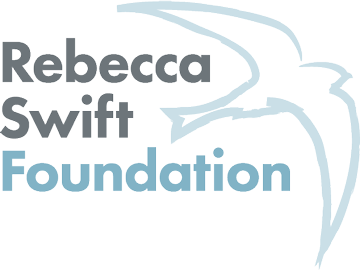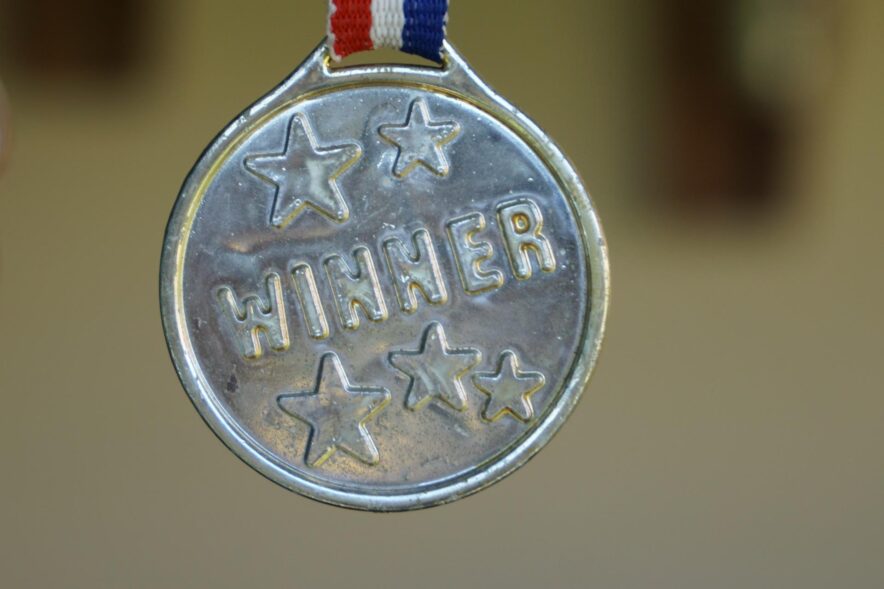There is no way to succeed in poetry. There is no way to fail. There is only poetry. Everything else is noise off-stage.
The prize is the piece of writing you just found hidden in the air. The prize is indistinct. The prize is each other. The prize is the conversation, is being included, is having your thoughts carefully weighed. The prize is belief. All of this is a prize you win without taking part in competition culture.
I am from a working-class background in the North West of the UK, an area that had minimal access to the arts in the 1980’s when I was growing up. I began writing poetry when I had never seen a poet read and wrote my first play before visiting the theatre. I learned my poetics from a poppers-blast fusion of shaky cinema and rough music, vaguely rehearsed in tin garages around the back streets of Accrington. We did not understand what poetry was and this allowed us to write it. Always in poetry there is a tension between a language of poetry that excludes, and the idea of a poetic that includes, that is accessible without being bland.
I am from the generation who built the stages we performed on, often literally. That ethic is central to my understanding of poetry, and to my poetic. My poetic reaches forward. Much of traditional poetry waits for the reader to reach forward toward it. Both are valid of course, and their differences must be equally honoured.
The real breakthrough for me didn’t come from publishing or from winning a major literary prize, but from the sudden realisation that poetry had purpose, that it could be used in unexpected ways to help others: to build literacy, to instil emotional literacy, to create confidence, to analyse ideas, to have fun, to cause a riot, to unpick political thought streams and ideologies, to fathom identity, to learn a language. With that realisation I put my poetry to work in community groups and in prisons, as well as in primary and secondary schools, and eventually designed art education projects based on my learning. This led to creating what became the national youth slam championships SLAMbassadors for the Poetry Society, which I led for 17 years. During that time, I understood the most important lesson: versatility and resilience. I have watched dumbfounded as a poem unlocked a life. I have seen grown men struggle to hold a pencil upright against the force of their lives. I have witnessed the raw power of the raw poem in a mouth unused to its shape.
In spite of that, winning the TS Eliot Prize for Poetry is a dream cut out of the air. It is an extraordinary act of validation of both my work, and the idea of myself. It makes all of the long years rising at 5am to travel to a sink school on a sink estate in a sink town in the edge of nothing much in a country that has stopped believing in itself, something that is valuable, that has meaning beyond itself. It is the feeling that the whole poetic is valued, the way we use our poetry, and not just the poem.
Every time you facilitate a school poetry workshop you actively create the next generation of both poets and audience. You are seeding the ground with the crops future generations will eat.
At the heart of creation is chaos. We all come from chaos, that moment of sexual abandonment, of sweat and gore. At the heart of chaos is risk and play.
By the end of 2016 I knew that I needed to invest in risk within my work. This meant giving up the project I had devoted my career to and setting out for unwritten lands. A blank page is the most terrifying moment. It is a constant horizon. A tundra in which the story lays buried beneath snow. But it also the clear space before change, the fulcrum of the hurricane. I took a break from SLAMbassadors and began work on researching Songs My Enemy Taught Me. The collection was formed around woman as a fact and as idea, about sexual terrorism globally, and what connects each of us. At the centre I wanted to discover the roots of misogyny and to celebrate our global stories of survival and uprising. Songs took me on a journey around the world both as a researcher and as a performer, allowing me to uncover new thought patterns within myself, and laying the groundwork for my new life as a writer.
If you want to feel a sense of success work on your writing. Attend both readings and performances. Nurture eclecticism. Read chaotically. Found a collective in which each member’s aim is to push forward the whole’s understanding of poetry, of events, of publishing, of leading workshops and masterclasses. Poetry reaches beyond the margins of the page and seeps into the way you work collaboratively, how you choose to live, your understanding of the invisible poem that exists between people.
The hardest part of being a writer is keeping courage close. Our critics live within us and they must be fed regularly. Sit down and eat with them. Remain. Remain. Remain.

Joelle Taylor is the author of 4 collections of poetry. Her most recent collection C+NTO & Othered Poems (Westbourne Press) won the 2021 T.S Eliot Prize and was the subject of a Radio 4 arts documentary Butch. A former UK SLAM Champion she founded the national youth poetry slams SLAMbassadors through the Poetry Society in 2001, remaining its Artistic Director until 2018. She is a co-curator and host of Out-Spoken Live, resident at the Southbank Centre, and the current editor of Out-Spoken Press. She has recently completed a book tour of Australia including Sydney Opera House (March 2022). C+NTO is currently being adapted for theatre with a view to touring it from 2023. She is also completing her memoirs for publication in 2023, as well as a novel of interconnecting stories The Night Alphabet.

